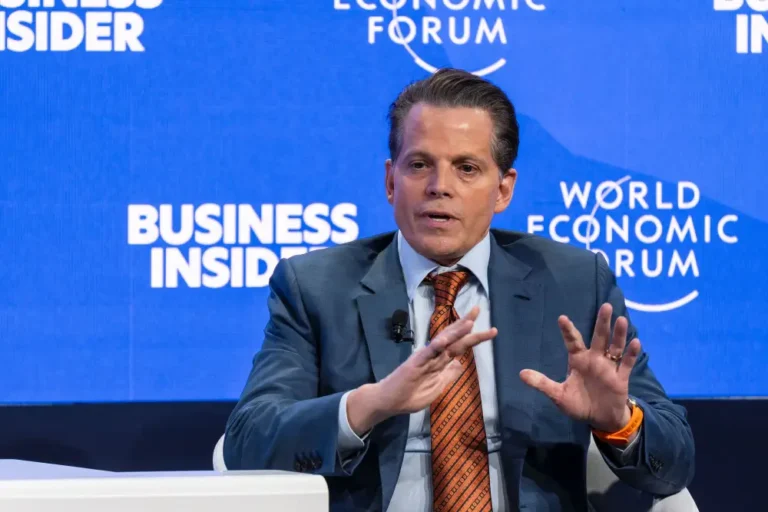Mark Zuckerberg is now worth $200 billion, putting the Meta CEO in the world’s most exclusive club

Mark Zuckerberg is now worth $200 billion.
Mark Zuckerberg just joined a club that’s even more exclusive than the $100 billion club.
Tesla’s CEO, Elon Musk, Amazon’s founder, Jeff Bezos, and now Meta’s CEO are the only people on the planet with net worths of $200 billion or more, according to the Bloomberg Billionaires Index.
Zuckerberg has made the cut following an unmatched $72 billion increase in his wealth to $200 billion this year. That’s been fueled by Meta stock soaring almost 60% since the start of January to unprecedented highs of more than $560 a share.
Bezos has rejoined the uber-exclusive group this year thanks to a $39 billion surge in his net worth to $216 billion. Amazon shares have jumped about 28% in 2024 to trade at near-record levels of more than $190.
Musk started the year with a $229 billion fortune, which has surged by $36 billion in under nine months to $265 billion at Monday’s close.
The only other person worth $200 billion at the beginning of this year was LVMH CEO Bernard Arnault. But shares of his luxury conglomerate have slid by almost 16% this year, slashing his estimated wealth by $30 billion to $177 billion.
Arnault has tumbled into fifth place behind the Oracle cofounder Larry Ellison, who’s added north of $55 billion to his fortune this year thanks to his company’s stock leaping 57%. Both Arnault and Ellison are more than $20 billion away from $200 billion status, suggesting they won’t join the club for a while yet.
Musk, Bezos, Zuckerberg, and Ellison have all benefited greatly from the fervor around artificial intelligence. Investors are betting heavily that Tesla can harness AI to power its self-driving cars and humanoid robots, that Amazon can use it to supercharge its cloud services and e-commerce profits, that Meta can take social media and digital communication to the next level with it, and that Oracle can make a fortune by renting out capacity in its AI data centers.
The wider stock market has also received a boost this month from the Federal Reserve cutting interest rates for the first time after hiking them from nearly zero to more than 5% in under 18 months.
Lower rates tend to boost economic growth by fueling more spending, hiring, and borrowing and also buoy stocks by making safer assets such as cash and bonds less appealing to investors.






